MABN1802
Anti-pan-PMCA Antibody, clone 5F10
clone 5F10, from mouse
Synonyme(s) :
Plasma membrane calcium-transporting ATPase, Plasma membrane calcium pump
About This Item
Produits recommandés
Source biologique
mouse
Niveau de qualité
Forme d'anticorps
purified immunoglobulin
Type de produit anticorps
primary antibodies
Clone
5F10, monoclonal
Espèces réactives
chicken, rat, human
Conditionnement
antibody small pack of 25 μg
Technique(s)
ELISA: suitable
immunocytochemistry: suitable
immunohistochemistry: suitable (paraffin)
immunoprecipitation (IP): suitable
western blot: suitable
Isotype
IgG2aκ
Numéro d'accès NCBI
Conditions d'expédition
ambient
Modification post-traductionnelle de la cible
unmodified
Informations sur le gène
human ... ATP2B1(490) , ATP2B3(492) , ATP2B4(493)
Description générale
Spécificité
Immunogène
Application
Immunocytochemistry Analysis: A representative lot detected pan-PMCA in Immunocytochemistry applications (Paszty, K., et. al. (2005). Biochem J. 391(Pt 3):687-92; DeMarco, S.J., et. al. (2002) J Biol Chem. 277(12):10506-11).
Immunoprecipitation Analysis: A representative lot immunoprecipitated pan-PMCA in Immunoprecipitation applications (DeMarco, S.J., et. al. (2002) J Biol Chem. 277(12):10506-11).
Western Blotting Analysis: A representative lot detected pan-PMCA in Western Blotting applications (Paszty, K., et. al. (2005). Biochem J. 391(Pt 3):687-92; Caride, A.J., et. al. (1996). Biochem J. 316 ( Pt 1):353-9).
ELISA Analysis: A representative lot detected pan-PMCA in ELISA applications (Caride, A.J., et. al. (1996). Biochem J. 316 ( Pt 1):353-9).
Neuroscience
Qualité
Immunohistochemistry Analysis: A 1:250 dilution of this antibody detected pan-PMCA in human cerebral cortex tissue sections.
Description de la cible
Forme physique
Stockage et stabilité
Autres remarques
Clause de non-responsabilité
Vous ne trouvez pas le bon produit ?
Essayez notre Outil de sélection de produits.
Code de la classe de stockage
12 - Non Combustible Liquids
Classe de danger pour l'eau (WGK)
WGK 1
Point d'éclair (°F)
does not flash
Point d'éclair (°C)
does not flash
Certificats d'analyse (COA)
Recherchez un Certificats d'analyse (COA) en saisissant le numéro de lot du produit. Les numéros de lot figurent sur l'étiquette du produit après les mots "Lot" ou "Batch".
Déjà en possession de ce produit ?
Retrouvez la documentation relative aux produits que vous avez récemment achetés dans la Bibliothèque de documents.
Notre équipe de scientifiques dispose d'une expérience dans tous les secteurs de la recherche, notamment en sciences de la vie, science des matériaux, synthèse chimique, chromatographie, analyse et dans de nombreux autres domaines..
Contacter notre Service technique

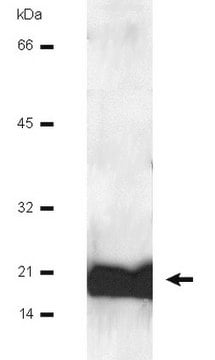


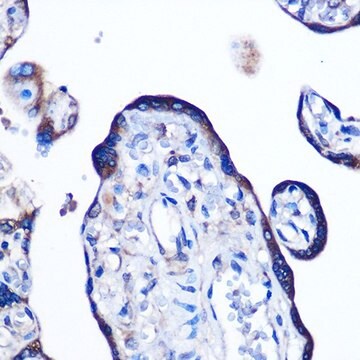
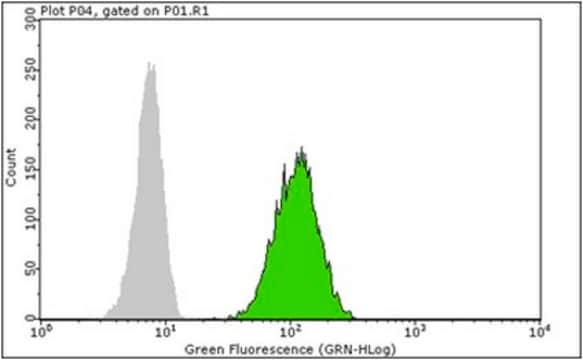
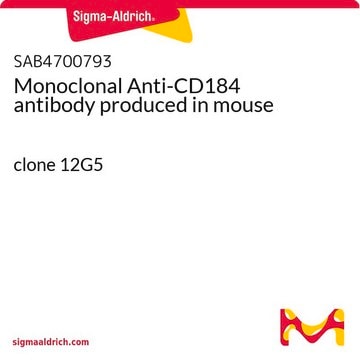
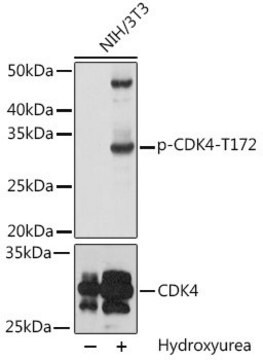
![1,4-Diazabicyclo[2.2.2]octane ReagentPlus®, ≥99%](/deepweb/assets/sigmaaldrich/product/structures/366/129/a6ff4175-974d-4fac-9038-b35e508ef252/640/a6ff4175-974d-4fac-9038-b35e508ef252.png)